 | Benjamin Greenleaf - Algebra - 1864 - 420 pages
...equation by the second, member by member, we have Therefore, log TT = * ~~ y ~ log m — log ». 401 1 The logarithm of any power of a number is equal to the logarithm of the number multiplied by the exponent of the power. For, let m = ax ; then, raising both members to... | |
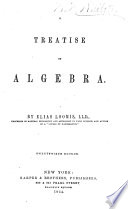 | Elias Loomis - Algebra - 1864 - 386 pages
...logarithm ol Nm, since mx is the exponent of that power of the base which s equalt) Nm; hence PROPERTY III. The logarithm of any power of a number is equal to the toga rithm of that number multiplied by the exponent of the power. EXAMPLES. Ex. 1. Find the third... | |
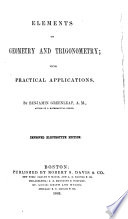 | Benjamin Greenleaf - 1869 - 516 pages
...member by member, we have Jf_£ --o.-». N -* o» Therefore, log I -^ I = x — y= log M — log N. 11. The logarithm of any POWER of a number is equal to the product of the logarithm of the number by the exponent of the power. For let m be any number, and take... | |
 | James Hamblin Smith - 1869 - 412 pages
...diminished by the logarithm of the divisor. Let m = a', and и = a?, Then - = a"i; n m log m - log n, 373. The logarithm of any power of a number is equal to the product of the logarithm of the number and the index denoting the power. Let m = a*. Then mr = a" =... | |
 | Charles Davies - 1870 - 348 pages
...denoted by p, we have, pi p CL "~ Yfa • Whence, by definition, px — Log m? . . . ( 7.) That is, tJie logarithm of any power of a number is equal to the logarithm of the number multiplied by the exponent of the power. If we extract any root of both members of ( 3 ),... | |
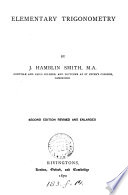 | James Hamblin Smith - Trigonometry - 1870 - 286 pages
...1-7191323 their difference = -8508148 which is the logarithm of 7-092752, the quotient required. 146. The logarithm of any power of a number is equal to the product of the logarithm of the number and the index denoting the power. Let m = a'. Then m' = a";... | |
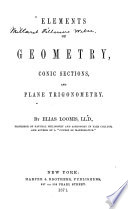 | Elias Loomis - Geometry - 1871 - 302 pages
...-0.4753 divided by -36.74. INVOLUTION BY LOGARITHMS. (14.) It is proved in Algebra, Art. 340, that the logarithm of any power of a number is equal to the logarithm of that number multiplied by the exponent of the power. Hence, to involve a number by logarithms, we have the folk wing RULE. Multiply... | |
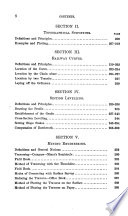 | Charles Davies - Leveling - 1871 - 448 pages
...power denoted by t, we have, l0* = m'; whence, by the definition, pt = log m, ....... (8.) That is, the logarithm of any power of a number, is equal to the logarithm of the number multiplied by the exponent of Ike power. 8. Extracting the root, indicated by r, of both... | |
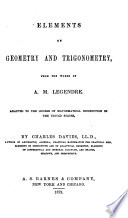 | Charles Davies - Geometry - 1872 - 464 pages
...denoted by p, we have, = m r whence, by the definition, xp = log m r ..... (8.) That is, the loga/ithm of any power of a number is equal to the logarithm of the number multiplied by the exponent of the power. 8. Extracting the root, indicated by r, of both... | |
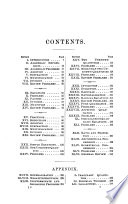 | Daniel Barnard Hagar - Algebra - 1873 - 278 pages
...equation a" = n, member by member, we have in which x— y is the logarithm of the quotient — . 5. The logarithm of any power of a number is equal to the logarithm of the number multiplied by the exponent of the power. For, raising both members of the equation ax =... | |
| |